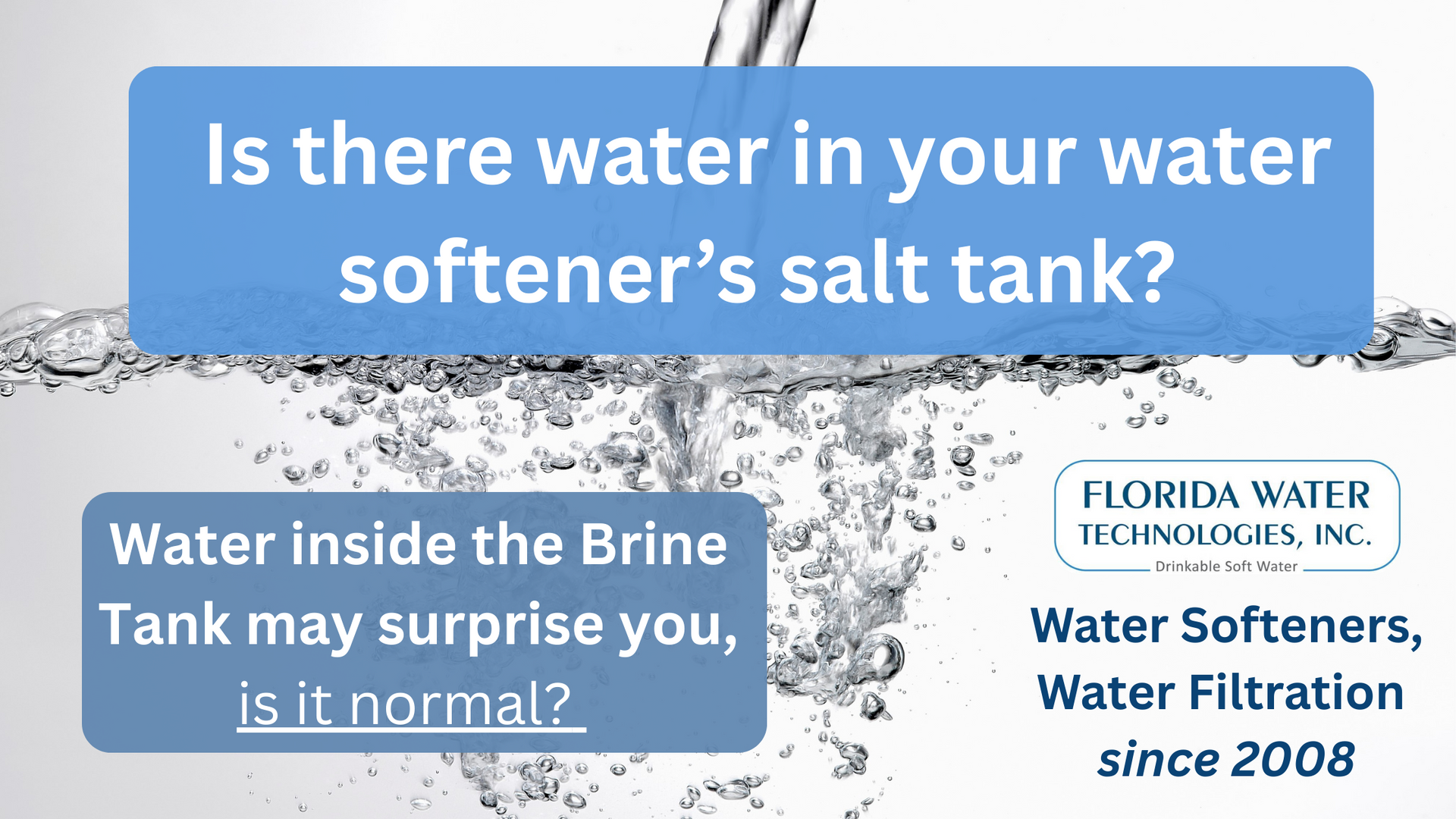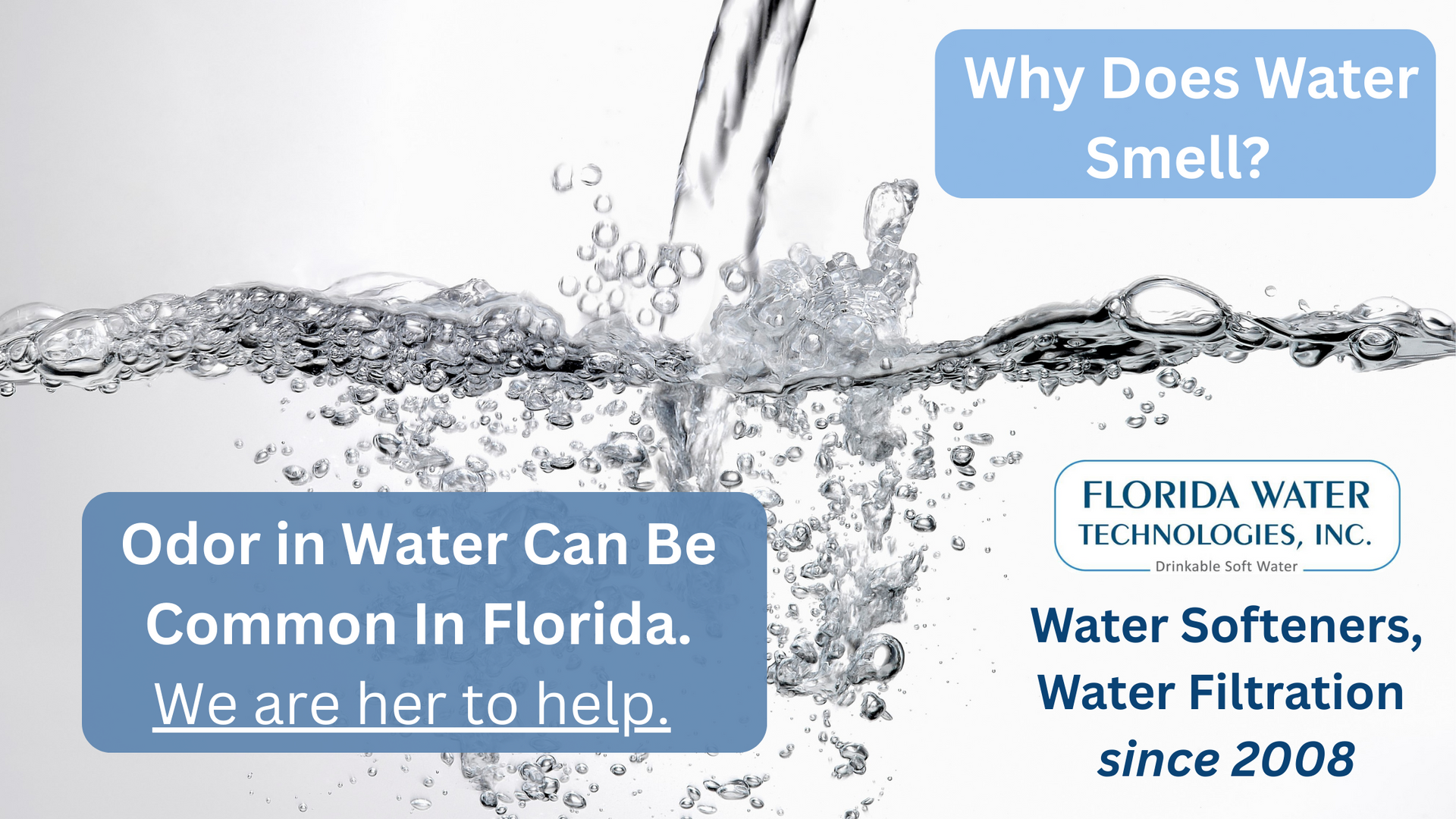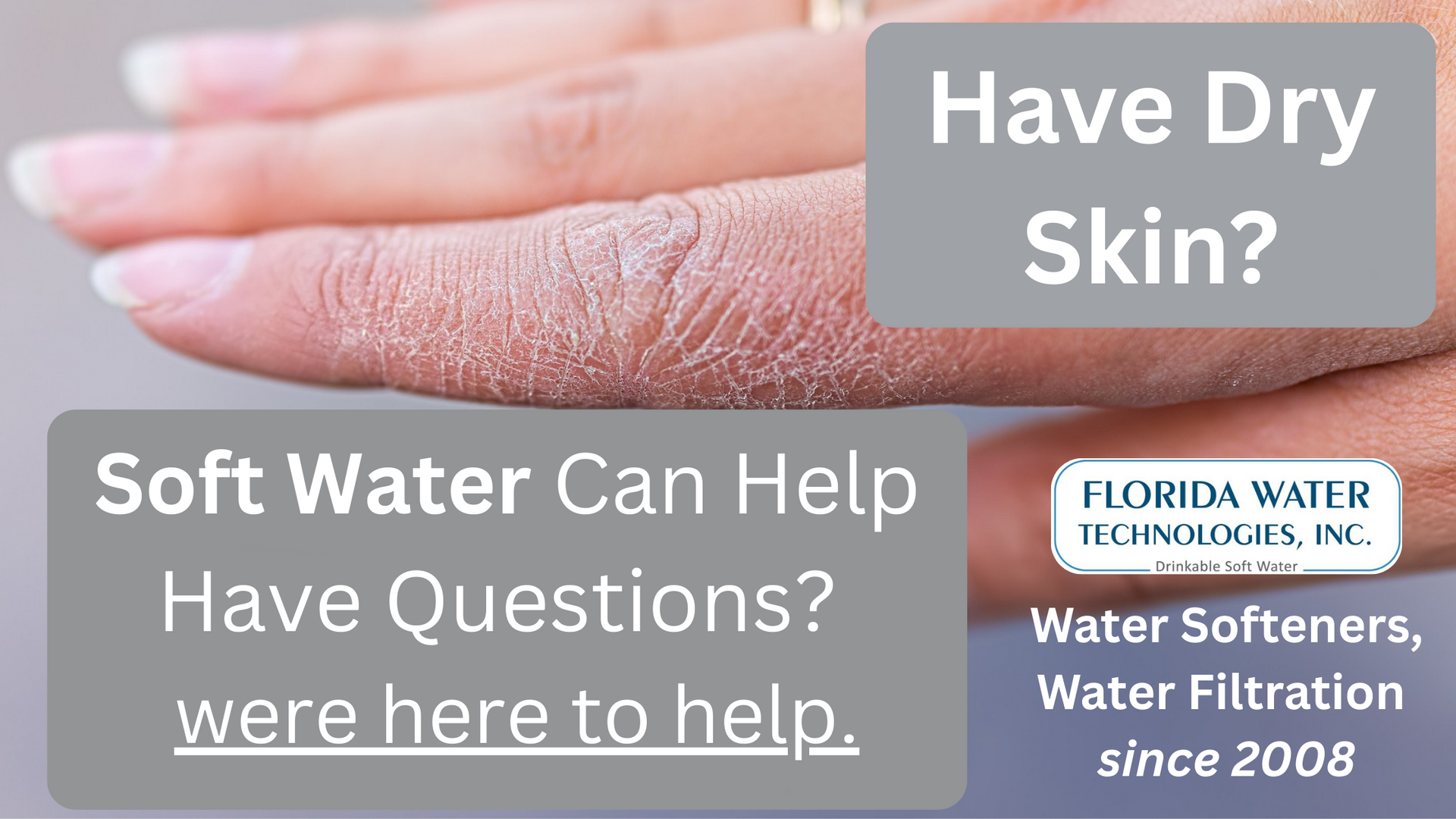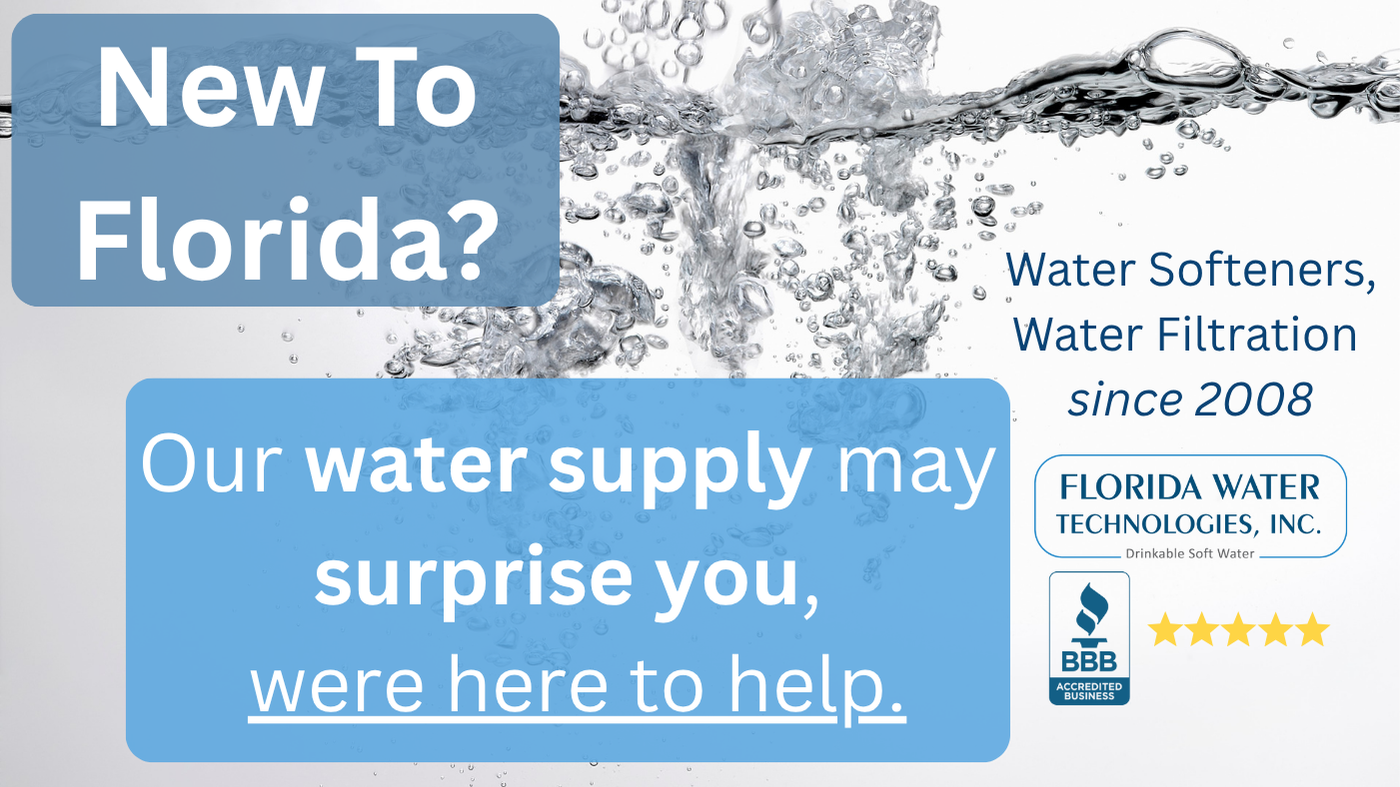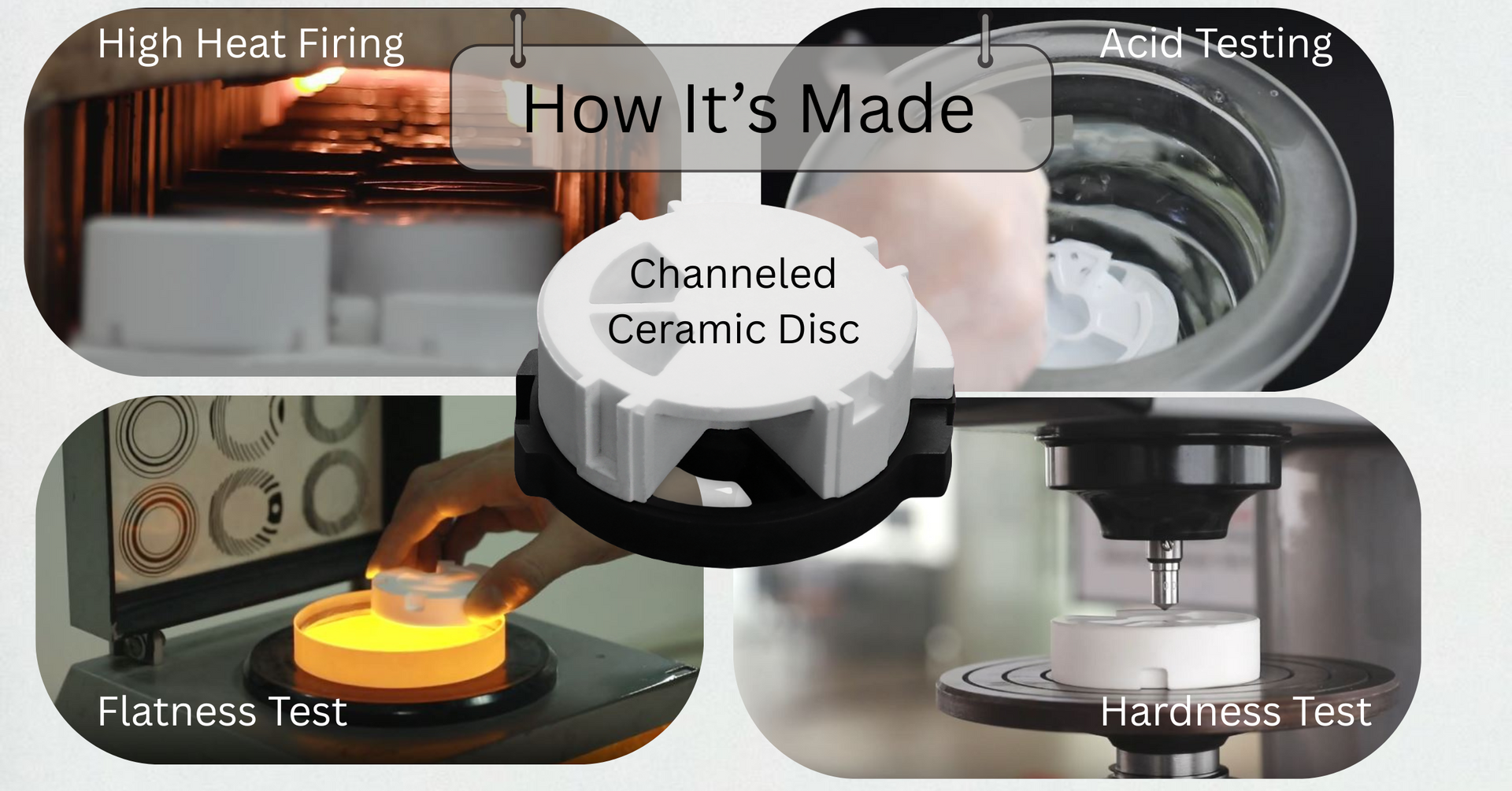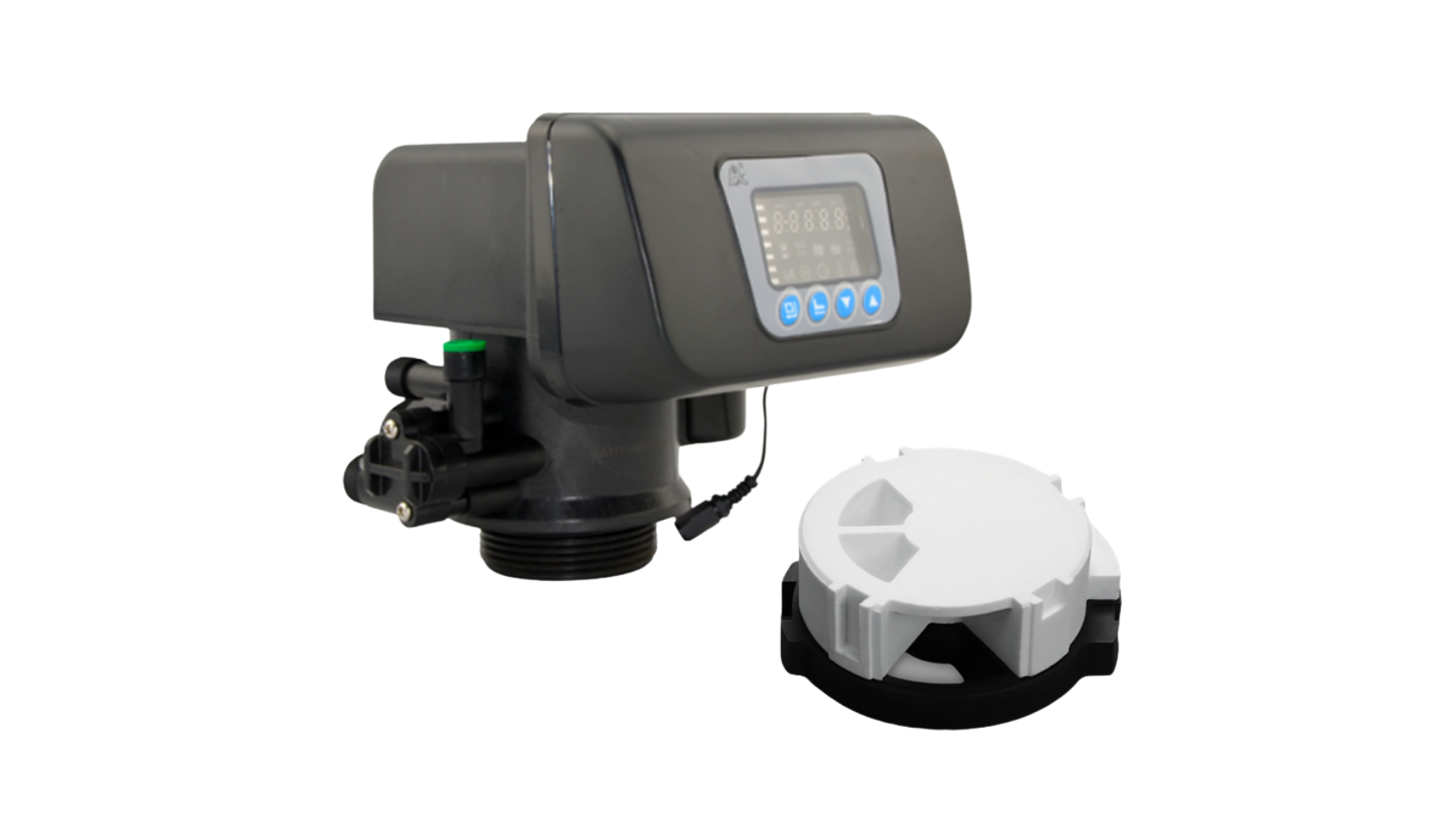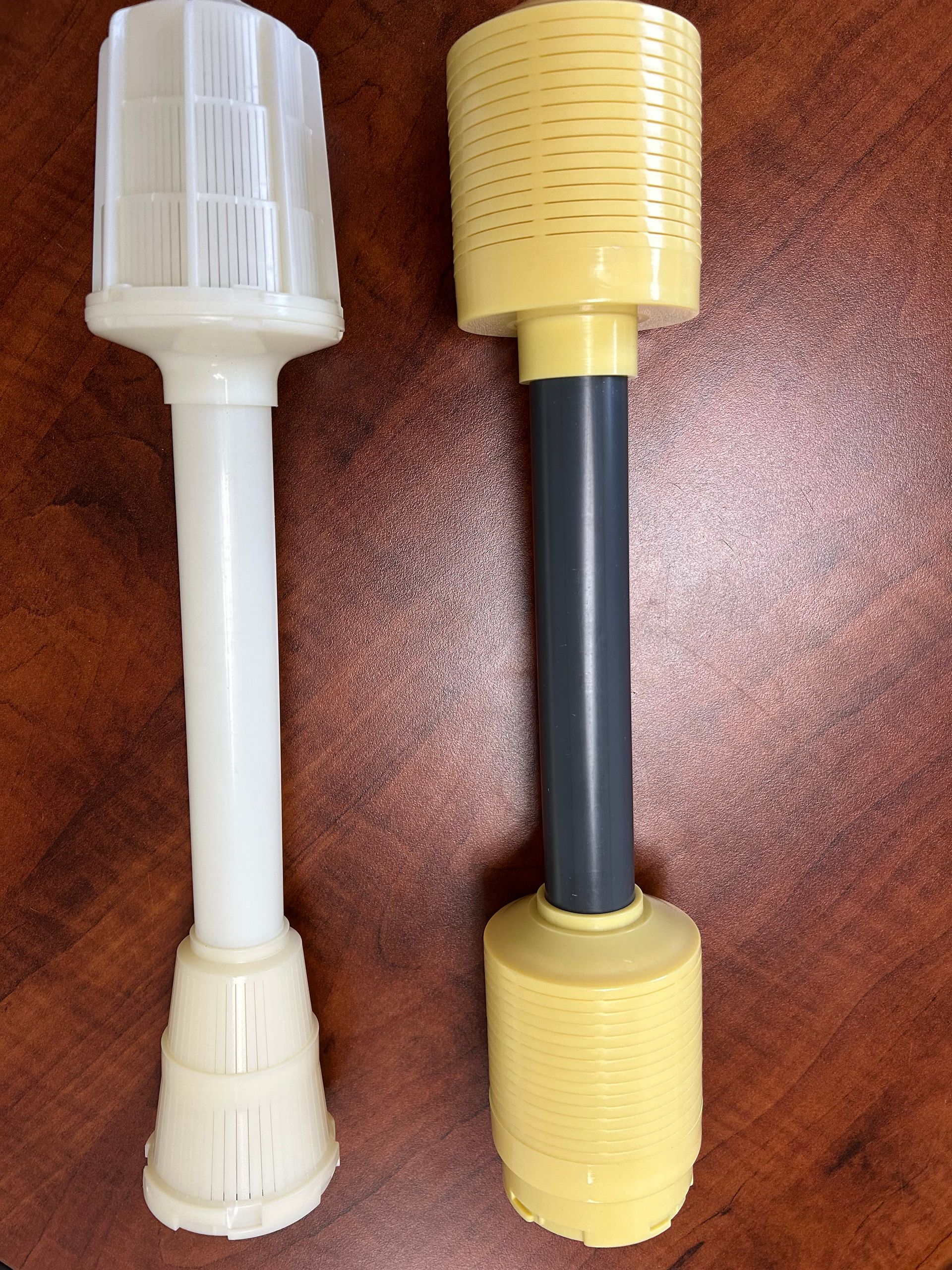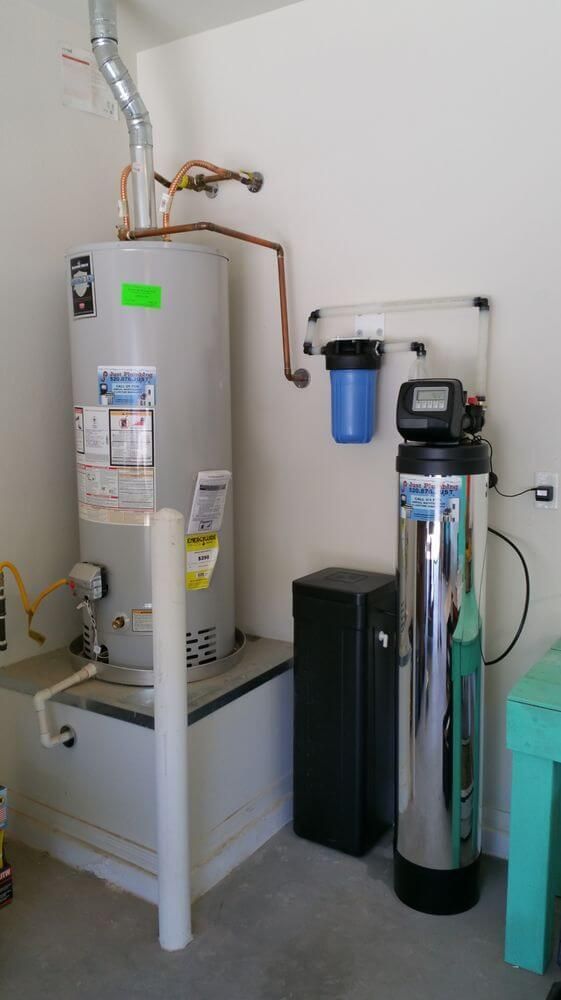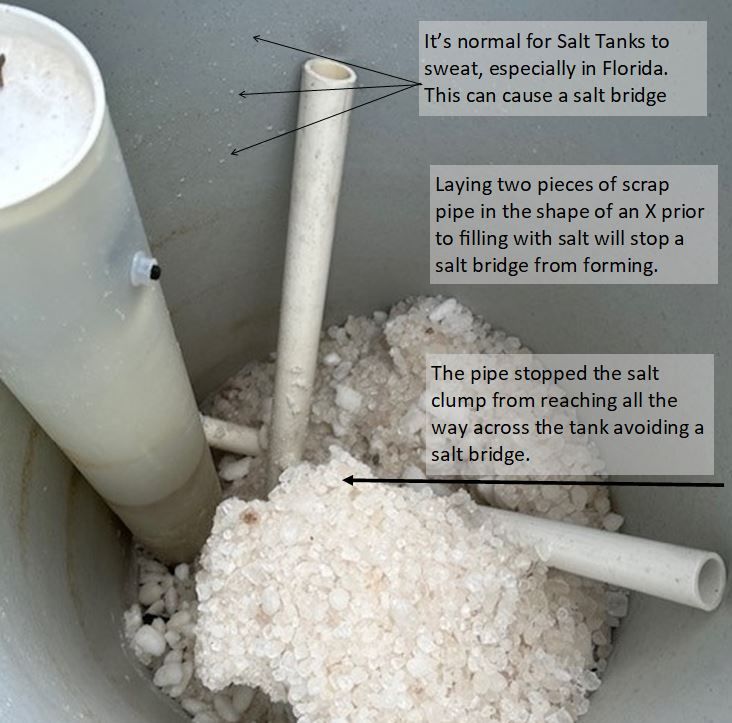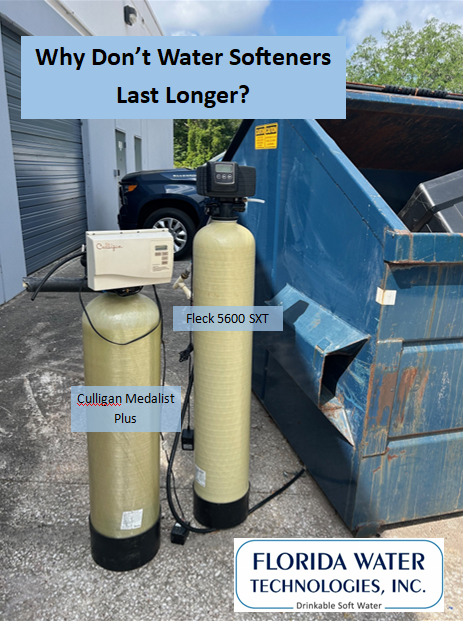Florida Water Technologies water filtration systems are built with the latest technology, providing clean, fresh, and pure water that you want and deserve. Our experienced staff offer cleaning services to your existing or new water softener and annual product checks.
This comparison is between our Premium Option: Platinum Series water softener and the Culligan HE Water Softener. If you are living in the Jacksonville area, we have all heard the stories about Culligan. They are a national brand, they are proprietary, the highest prices for water softener systems, very high service rates and the list is endless.
Florida Water Technologies takes pride in offering our customers a quality product with common sense prices. That holds true in every conversation we have with all of our potential customers. With over 100 5 Star Google reviews, we always let our customers tell the story. Here is an excerpt from a review completed last week: “I recently had my water softener replaced by Florida Water Technologies and I have to say so far my experience with them has been great. Brad who came to evaluate what I currently had was very professional and honest and recommended what was best considering the situation we had with our water (super stinky smell). Unlike the other company I had originally called he did have a water testing kit. He scheduled me right away to have my old water softener replaced within a couple days, would have probably been sooner if it wasn’t for the weekend that fell in between. I thought the great experience had ended there but to my surprise the person who came on Monday (Josh) to replace it was amazing, very professional great attitude and very patient. He explained every little detail I had questions on, he was very thorough. So far our water has no smell at all runs super clean and Josh tested it again before he left after installing our water softener, they even shocked our pipes and made sure they were free of any bacteria. I recommend them 100%!!! And forgot to mention that Brad contacted me probably less than 10 minutes after I had submitted my request online for a quote and he came by and didn’t charge me for the service call.” That’s our goal. To make the right decision for your needs at a common sense rate.
What is the difference with the high priced Culligan water softener? Is it worth it. Do the higher priced water softeners at Culligan deliver more value than those offered by Florida Water Technologies? In a side by side comparison this entry will provide raw data that you may find surprising. The items to be compared are flow rates, warranties, and prices . Do you end up getting more for your money by purchasing a Culligan HE water softener? Let’s find out.
What are Flow Rates for a water softener?
The Florida Water Technologies representatives will evaluate the number of fixtures within the home to determine the proper flow rate. Flow rates are measured in gallons per minute (gpm). You may be experiencing low pressure when you are doing laundry, filling a bath, and running the dishwasher. This might be directly related to the water flow rate of the existing water softener. Water softener flow rates are outlined according to the spec sheets as “service” (or standard flow rate) and “peak” (or max flow rate).
- Service Flow Rate: = 9 Gallons Per Minute
- Max Flow Rate: = 10.8 Gallons Per Minute
- Service Flow Rate: = 11.3 Gallons Per Minute
- Max Flow Rate: = 14.5 Gallons Per Minute
The Culligan HE delivers a lesser flow rate at service and peak flow times. The Platinum Series is a superior water softener system that delivers a higher service and peak flow that’s beneficial to larger homes with active fixtures. This extra volume might the difference for your home or business at a lower cost.
Be sure to ask about the Culligan warranties
Warranties are compared by what they exclude or simply do not cover at all . Surprisingly the higher priced Culligan model He has the least amount of warranty coverage than any water softener available. The main wearable items inside a water softener are the internal valve parts and the resin or media. The internal parts receive friction and are comprised of seals and gaskets while the resin, or media, is the main component of a water softener. If a company doesn’t cover or excludes these items from the warranty then you will be responsible for their full replacement cost’s, parts and labor. The Pro-Mate 6.0 is lower in cost AND covers the internal parts.
- The entire conditioner and media 1 Year
- The Valve Body and PC Board 10 Years
- EXCLUDES INTERNAL PARTS
- Softener Tank Lifetime
- EXCLUDES RESIN MEDIA
- The Entire Conditioner 5 Years to Lifetime
- The Valve and PC Board 5 Years to Lifetime
- INCLUDES INTERNAL PARTS
- Softener Tank 10 Years to Lifetime
Florida Water Technologies provides an exclusive lifetime warranty on approved package purchases. Ask your sales representative for more details.
Why is Culligan so high in price?
Price ranges vary in the Jacksonville FL water softener market. Comparing prices is easier once you know what a water softener costs. According to the Water Technology Magazine annual dealer survey water softeners range from $1600-$1900 including installation. Some companies follow this model and some do not. A company that seeks charge much higher than this range should be questioned. In light of the facts we’ve covered today you don’t always end up getting more by paying more…sometimes you just pay more.
- Price Range: $3199-$3499 yikes!
- Price Range: $1799-$1999
Our water softeners not only outperform Culligan Water Softeners they cost less to
The post Water Softeners Systems Compared: Culligan versus Florida Water Technologies appeared first on Florida Water Technologies.
